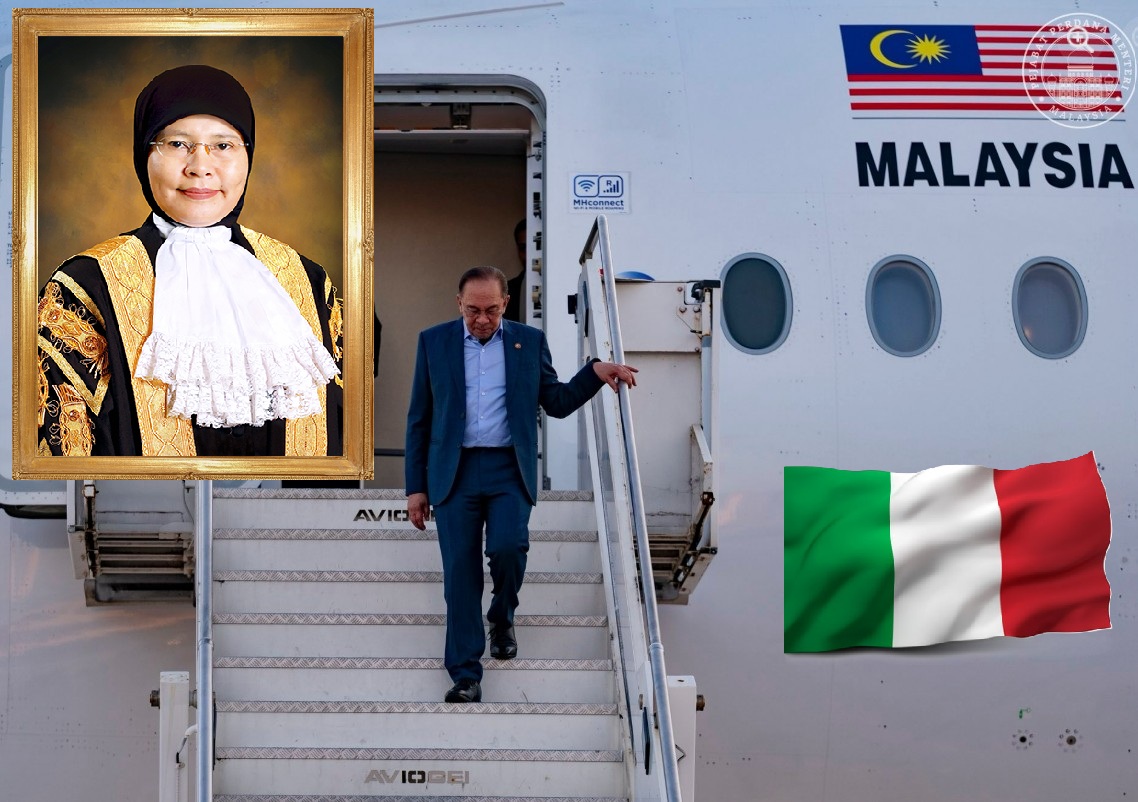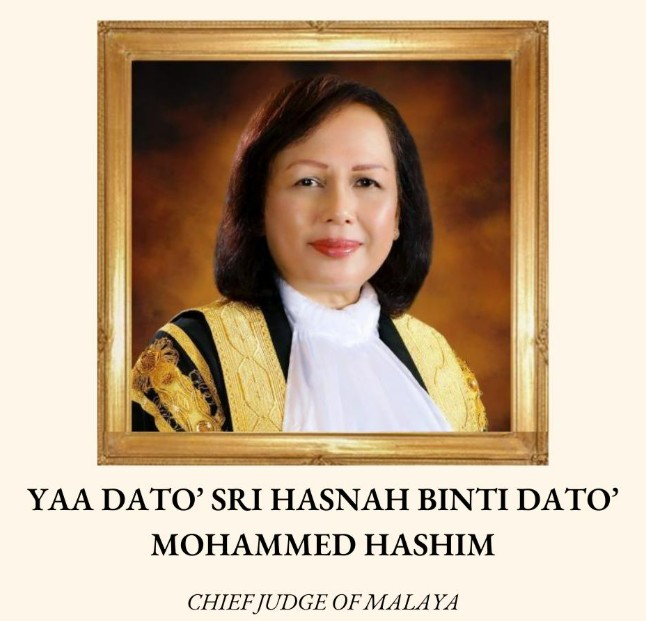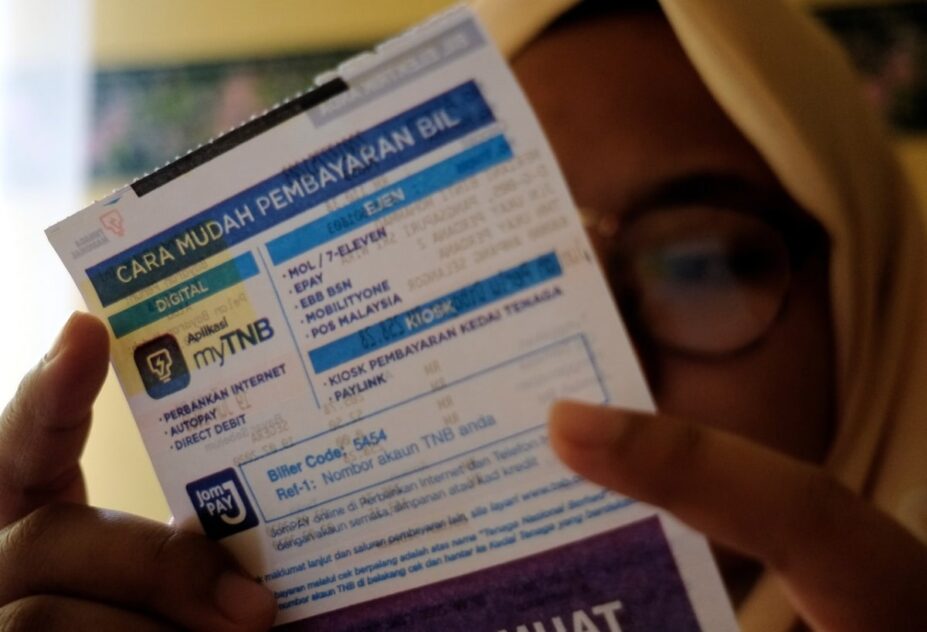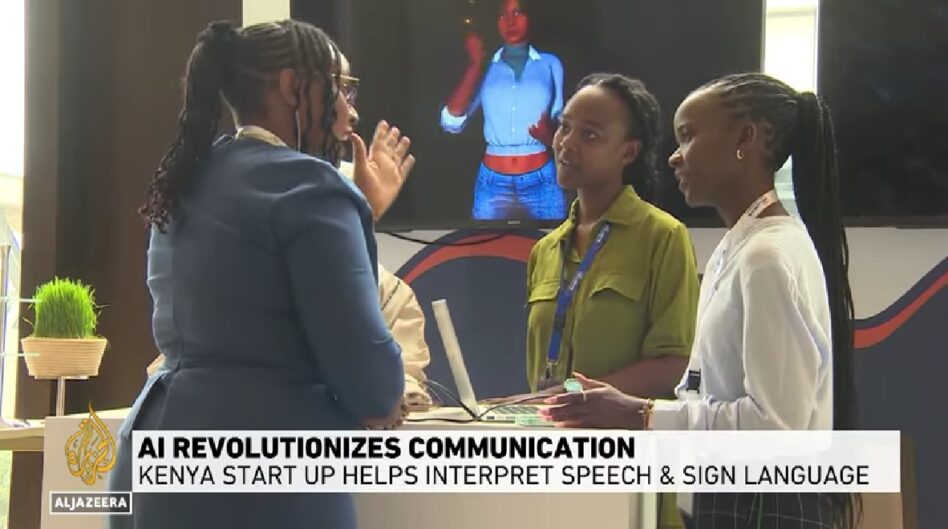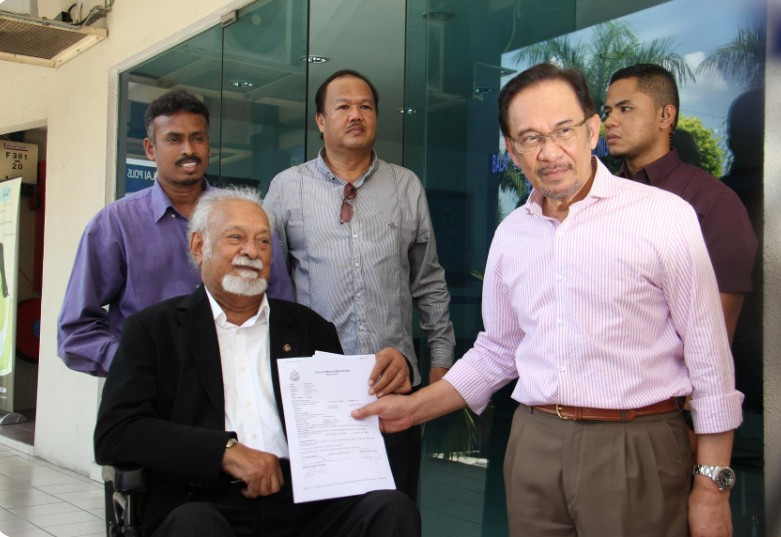JUST as there is no automatic extension for the terms of judges, there is similarly no automatic process for extending the tenure of Datuk Seri Prime Minister Anwar Ibrahim.
Like the layered procedures required for judicial extensions, Anwar must also navigate a complex political path: he must win a parliamentary contest, secure a working majority, and obtain the consent of the Yang di-Pertuan Agong.
In fact, extending the services of judges might be far simpler than Anwar securing a second term as PM.
In his first term, Anwar only managed to convince the Agong to appoint him with the crucial support of parliamentarians from Sabah and Sarawak. Without their backing, his path to Putrajaya would have remained shut.
Of course, Anwar aspires to serve a second term. But given the growing unpopularity of his government, such a scenario seems increasingly like wishful thinking.
Thorny path ahead
Anwar rose to power on the promise of institutional and structural reform. Today, those promises lie in tatters. Many Malaysians now believe that the reform agenda was less about genuine change and more about elevating Anwar to the premiership.
His recent actions – particularly the perceived assault on the judiciary – have only deepened his unpopularity despite efforts to manufacture statistics suggesting otherwise.
Respected judges may have left the bench with their dignity and integrity intact. In contrast, Anwar’s potential exit from power may not be met with the same respect by a rakyat who had expected far better governance.
While Anwar once spoke of institutional reform when he was in the opposition, governing has proven to be an entirely different matter.
Twice former premier Tun Dr Mahathir Mohamad might have wanted a judiciary that facilitated the smooth functioning of his administration but it wasn’t motivated by personal legal concerns.
Anwar’s motives, however, appear more self-serving. His desire for a weakened judiciary seems closely tied to the civil suit filed by his former research assistant Yusoff Rawther over allegations of sexual misconduct.
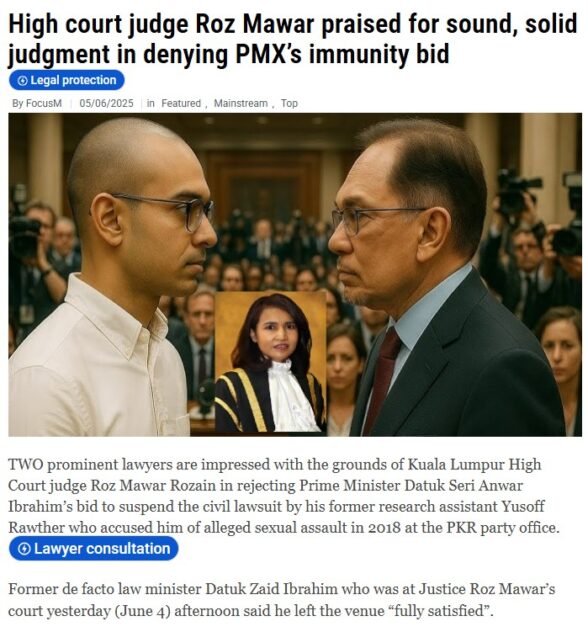
Anwar had reportedly sought immunity from the Federal Court to have the suit struck out. This goes far beyond Dr Mahathir’s approach – Anwar appears to want a judiciary that not only doesn’t obstruct governance but actively shields him from legal scrutiny.
While Dr Mahathir may have weakened the judiciary; Anwar has rendered it impotent. The deliberate decision to not extend the terms of three seasoned and respected Federal Court judges represents a systematic attempt to hollow out the judiciary.
In short, institutional reform is dead in Malaysia. And with it, the promise of a truly democratic, accountable and just system of governance. – July 2, 2025
Former DAP stalwart and Penang chief minister II Prof Ramasamy Palanisamy is chairman of the United Rights of Malaysian Party (Urimai) interim council.Malaysian tourism packages
The views expressed are solely of the author and do not necessarily reflect those of Focus Malaysia.


